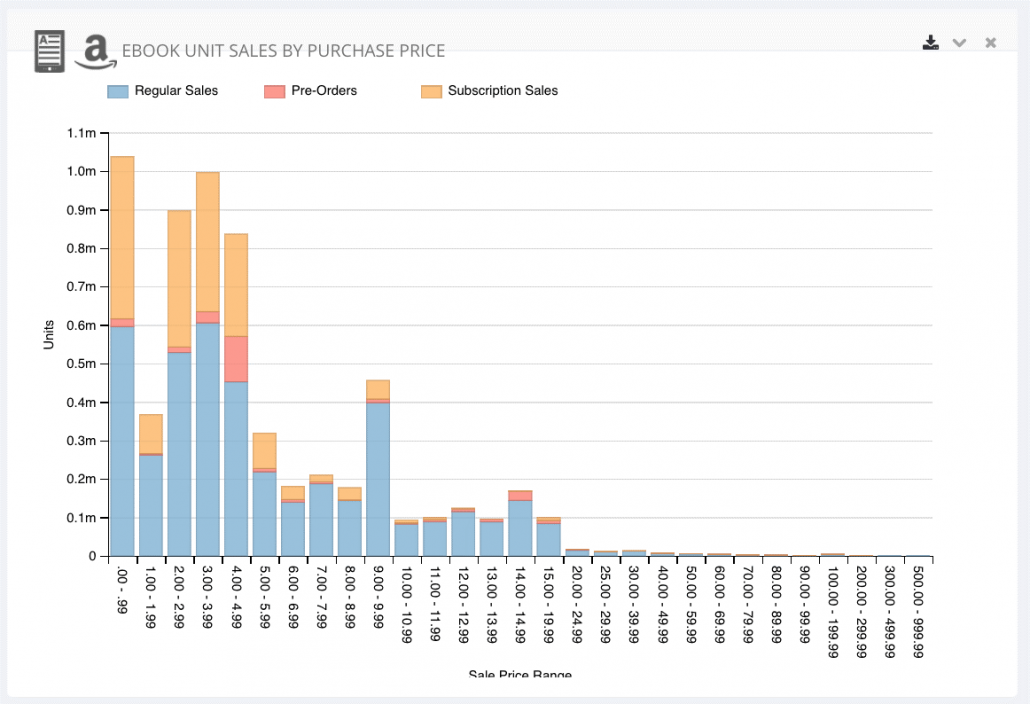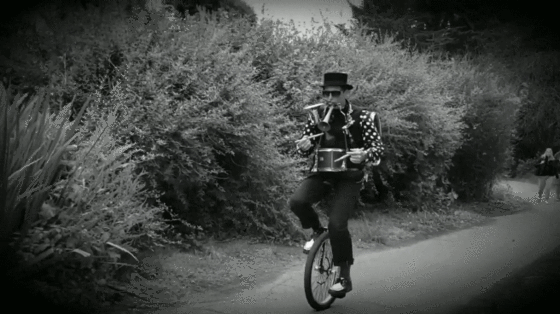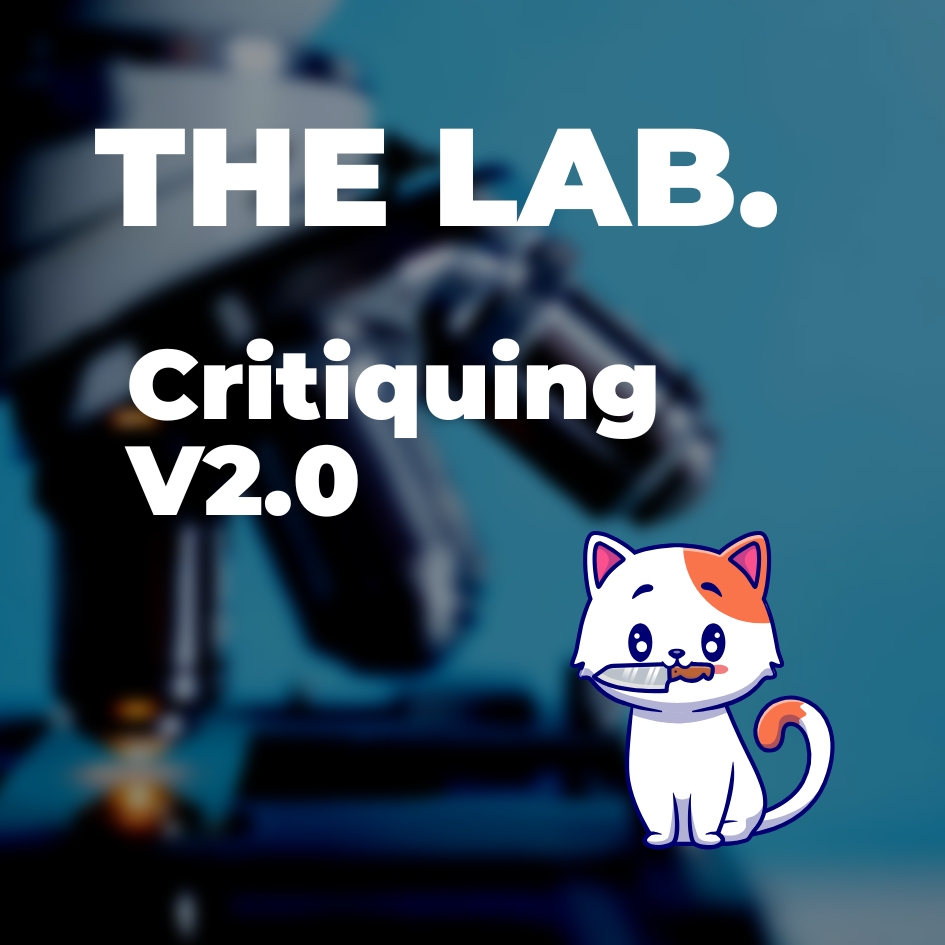Paul Whybrow
Full Member
This article is worth a look, especially if you're considering self-publishing your book:
How Book Pricing is a Powerful Strategy to Sell More Books - IndieReader

You might well think, that the less you ask for your ebook, the more copies you'll sell, but that isn't necessarily so. Shoppers for all types of goods, from books to wine to cars, have pre-determined limits on what they want to spend. They equate the price with the quality of the product—they want to spend £7.99 on a paperback, which is a big saving on the £15.99 asking price of the hardback—and they're not going to demean themselves by looking in the charity shop, where the best-selling title they're after is available for £1.00.
Wine lovers are price-driven, however much of an expert they claim to be. I've known many car and motorcycle dealers who were amazed at how few buyers haggle over the price of the vehicle. They've saved £10,000 and that's what they want to spend, or that's what they've calculated they can afford in repayments if they're buying on a finance plan.
I've attended two business start-up courses, set ten years apart, where the tutors both told the story of a baker who made a disastrous price change to his sausage rolls. His were an inch longer than his only competitor in town but priced at 25p more, so he dropped the asking price to one penny less that his rival, thinking to boost sales, in a more for less way. Sales plummeted, as customers liked paying that bit more for what they saw as a luxury product...they were treating themselves. I don't know if this baker ever really existed, but he lives on in business studies.
I'm intending to launch my Cornish Detective series of crime novels this summer, so have been pondering pricing, while scurrying around trying to understand blogging and social media posting to create my author platform. I've praised James Oswald several times on the Colony, for his success story with crime writing. Oswald went from not selling many copies of his fantasy fiction, to writing detective stories set in Edinburgh, which he sold online, shifting 150,000 downloads in nine months. This led to Penguin offering him a six-figure advance. He's been a best-selling author ever since.
When he started publishing online, James Oswald copied a trick from an Australian science fiction author called Simon Haynes who made the first book in the series free. James Oswald said:
The idea was that they could try it, and if they liked it they could pay me money for the rest of them.
A lot of people have asked me for information about how I did this, as they want to do it themselves. I always ask them how many books they’ve written, and it’s almost invariably just the one.
There is no point giving away your first book in a series if the next one isn’t immediately available (and ideally a few more as well).
If people like your work, they will want more, and they will want it now. By the time you’ve written and published the next book in the series, they’ll have forgotten you and moved on to the next thing.
I'm going to copy James Oswald copying of Simon Haynes, by offering my first novel Who Kills A Nudist? for free—accompanied by promotion of the rest of the series (four more books already written and ready to go) + links to my online presence on Facebook, Instagram, Twitter, LinkedIn, Pinterest and my blog.
Quite how attractive crime fans will find this offer, I've no way of predicting. I feel like a one-man band at the moment, making up tunes as I go along, about to fall off my unicycle!

Pricing books makes me think of how drug dealers and casinos get their customers hooked—give them a freebie, then jack the price up! Will anyone get addicted to my books?
How do you decide on what to charge for your books?
Have you found a sweet spot where the asking price generates more sales?
Do you use special offers?
How Book Pricing is a Powerful Strategy to Sell More Books - IndieReader

You might well think, that the less you ask for your ebook, the more copies you'll sell, but that isn't necessarily so. Shoppers for all types of goods, from books to wine to cars, have pre-determined limits on what they want to spend. They equate the price with the quality of the product—they want to spend £7.99 on a paperback, which is a big saving on the £15.99 asking price of the hardback—and they're not going to demean themselves by looking in the charity shop, where the best-selling title they're after is available for £1.00.
Wine lovers are price-driven, however much of an expert they claim to be. I've known many car and motorcycle dealers who were amazed at how few buyers haggle over the price of the vehicle. They've saved £10,000 and that's what they want to spend, or that's what they've calculated they can afford in repayments if they're buying on a finance plan.
I've attended two business start-up courses, set ten years apart, where the tutors both told the story of a baker who made a disastrous price change to his sausage rolls. His were an inch longer than his only competitor in town but priced at 25p more, so he dropped the asking price to one penny less that his rival, thinking to boost sales, in a more for less way. Sales plummeted, as customers liked paying that bit more for what they saw as a luxury product...they were treating themselves. I don't know if this baker ever really existed, but he lives on in business studies.
I'm intending to launch my Cornish Detective series of crime novels this summer, so have been pondering pricing, while scurrying around trying to understand blogging and social media posting to create my author platform. I've praised James Oswald several times on the Colony, for his success story with crime writing. Oswald went from not selling many copies of his fantasy fiction, to writing detective stories set in Edinburgh, which he sold online, shifting 150,000 downloads in nine months. This led to Penguin offering him a six-figure advance. He's been a best-selling author ever since.
When he started publishing online, James Oswald copied a trick from an Australian science fiction author called Simon Haynes who made the first book in the series free. James Oswald said:
The idea was that they could try it, and if they liked it they could pay me money for the rest of them.
A lot of people have asked me for information about how I did this, as they want to do it themselves. I always ask them how many books they’ve written, and it’s almost invariably just the one.
There is no point giving away your first book in a series if the next one isn’t immediately available (and ideally a few more as well).
If people like your work, they will want more, and they will want it now. By the time you’ve written and published the next book in the series, they’ll have forgotten you and moved on to the next thing.
I'm going to copy James Oswald copying of Simon Haynes, by offering my first novel Who Kills A Nudist? for free—accompanied by promotion of the rest of the series (four more books already written and ready to go) + links to my online presence on Facebook, Instagram, Twitter, LinkedIn, Pinterest and my blog.
Quite how attractive crime fans will find this offer, I've no way of predicting. I feel like a one-man band at the moment, making up tunes as I go along, about to fall off my unicycle!

Pricing books makes me think of how drug dealers and casinos get their customers hooked—give them a freebie, then jack the price up! Will anyone get addicted to my books?
How do you decide on what to charge for your books?
Have you found a sweet spot where the asking price generates more sales?
Do you use special offers?
Last edited:




